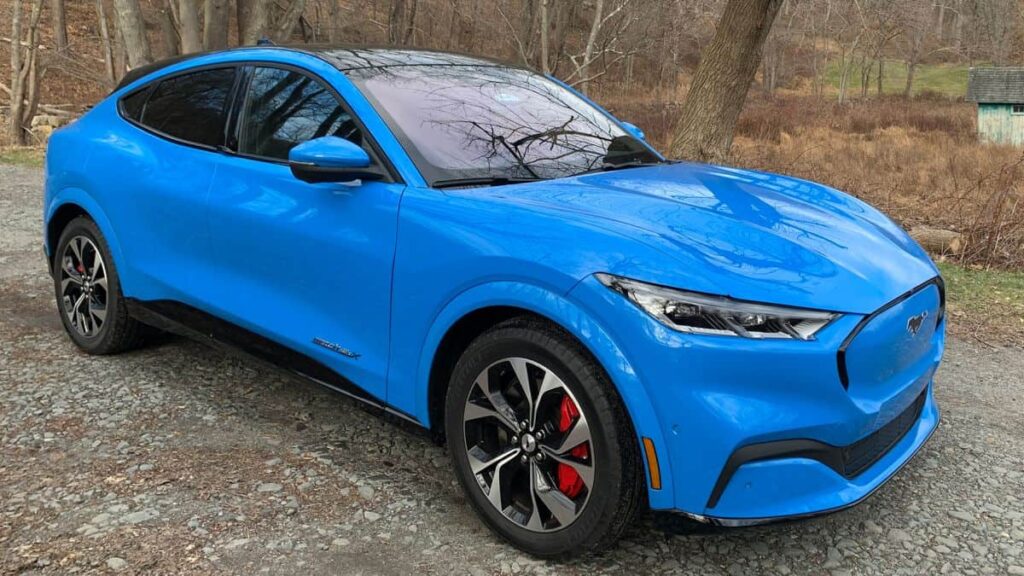Electric Vehicle Maintenance Tips : The popularity of electric vehicles is increasing day by day. There are many new users who are now choosing to buy EVs instead of gasoline or diesel vehicles. While EVs offer numerous advantages, such as reduced emissions and lower fuel costs, proper maintenance is essential to ensure their longevity and optimal performance. In this article, we will explore some key Electric Vehicle Maintenance Tips, which will help you to increase life of your EV.
Do Electric Vehicles Need Maintenance
“Do electric vehicles need maintenance? This is the question that arises in the minds of many EV owners. The simple answer to this is yes, electric vehicles do require maintenance, although they generally require less maintenance compared to traditional internal combustion engine vehicles.” This article covers some points, whicha are useful while doing your Electric Vehicle Maintenance.

Electric Vehicle Maintenance Tips
Here are the top 5 things to keep in mind for every EV owner to ensure proper Electric Vehicle Maintenance of their electric vehicle
Tyre Rotation:
Tyres are one of the most important parts of any car, whether it is electric or not. However, for EVs, it becomes even more crucial due to their heavy batteries. These batteries put a lot of load on the tyres, and EVs with their powerful torque can really strain them. Here are some tips to help you maintain your EV tyres:
Regularly check the tyre pressure: Check the tyre pressure at least once a week and ensure it stays within the recommended tire pressure as specified by the vehicle manufacturer.
Avoid overloading your EV: Overloading your vehicle puts excessive stress on the tyres, leading to increased wear and reduced performance. Always check the recommended load capacity for your vehicle and avoid exceeding it.
Braking System
Electric cars use regenerative braking, which relies on electromagnetic resistance to put power back into the battery. This technology reduces wear on the traditional braking system. Efficient use of the regenerative braking system can help extend the life of your brake pads and improve overall braking performance.
While EVs primarily use regenerative braking, they still have a hydraulic brake system that requires brake fluid. To ensure the longevity of your EV, regularly check the level of brake fluid and ensure it is within the recommended range.
Coolant
Electric cars may not have an engine, but they still have a cooling system to keep the battery and motor cool. It is important to keep the cooling system working properly to prevent overheating issues.
Follow the manufacturer’s guidelines for coolant maintenance to ensure the cooling system is functioning properly. Periodically check the coolant level in your electric vehicle and seek professional assistance when needed. For example, the coolant in a Tesla Model 3 needs to be replaced every 4 years or 50,000 miles. A Nissan Leaf can go 125,000 miles, and a Chevrolet Bolt has 150,000 miles of coolant support.
Brakes
Brakes in electric vehicles function differently compared to traditional gasoline-powered vehicles. EVs commonly use a regenerative braking system, where the vehicle recovers and converts some of the kinetic energy produced during deceleration or braking into electrical energy, which is then stored in the battery.
To extend the life of your EV’s brakes, make the most of regenerative braking to reduce wear on the brake system. Regenerative braking helps slow down the vehicle by minimizing reliance on mechanical braking, thus extending the life of your brake pads and motors.
Battery
The battery is the heart of any electric vehicle, and it requires proper care, similar to how you would care for the engine in a regular combustion car. Battries play major role in Electric Vehicle Maintenanc. EV batteries can suffer from extreme temperatures, so it’s important to avoid overly hot or cold environments. Avoid charging the battery to excessively high levels or consistently letting the battery level drop to extremely low levels.
To maintain the battery of your EV, charge it at recommended levels only and avoid overcharging. Charging up to 80% for regular daily use helps minimize stress on the battery and can extend its lifespan. Reserve 100% charging for occasions when you need maximum range, such as longer trips.
Always use dedicated charging equipment provided by your EV company and charge your EV at stations compatible with your EV model. Schedule regular inspections of your EV battery system at authorized service centers to maintain the overall health of the battery.
Conclusion
By following these maintenance tips, EV owners can increase the lifespan of their vehicles and enjoy the numerous benefits they offer, such as reduced emissions and lower fuel costs. With proper care, electric vehicles can continue to be a sustainable and reliable mode of transportation for years to come. Hope you find this article written about Electric Vehicle Maintenance Tips useful. Make sure to share this with your friends and families. Thanks for reading.
Read More
Mohit is an electrical engineer who loves to gather information about electrical vehicles and EV-related technologies. Mohit has also worked for companies such as Ford and TATA Motors for two and half years. Through this blog, he shares all the important information related to electric vehicles and the new upcoming technologies in the field of EVs. INSTA





